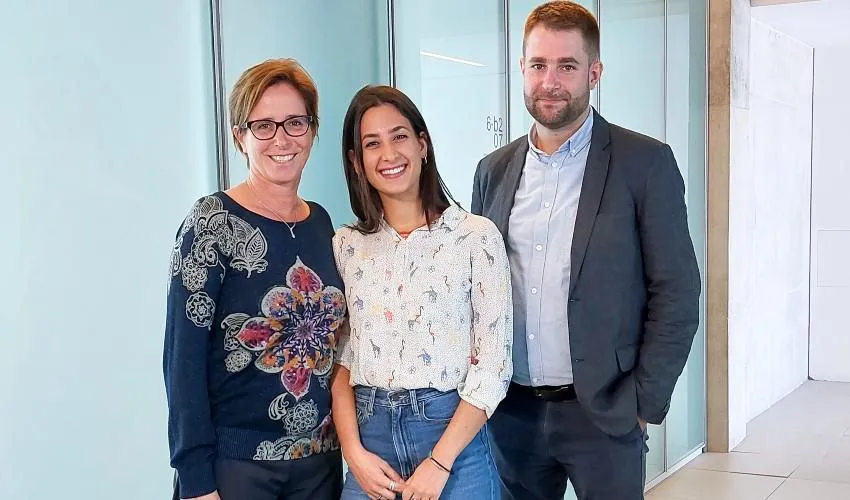
An Alliance That Spreads Ideas
If a research alliance is all about creating new links and reinforcing existing ones, the seminar held last week by Márton Karsai at Milan's Bocconi University is the evidence that CIVICA Research is working.
A data scientist at the Central European University, Professor Karsai is a longtime contact of epidemiologist Alessia Melegaro, who is in charge of the CIVICA Research data science stream a Bocconi. Karsai is among the scholars working on EmoMap - Mapping Emotions during COVID-19 pandemic using Twitter data, a CIVICA Research project carried out by Bocconi University, Hertie School, and Central European University. The project is aimed at analyzing millions of tweets collected during the pandemic in order to investigate the formation and evolution of emotions throughout the pandemic.
The CIVICA Research collaboration recharged the contact between the two scholars, and Professor Karsai was invited to showcase his research to Bocconi social dynamics scholars. Furthermore, Professors Karsai and Melegaro are now planning to cooperate in research on the effect of social networks on the spread of transmittable diseases that they were independently conducting in Hungary and in Italy.
In his Bocconi seminar, prof. Karsai showed how lockdown interventions led to the reorganization of socioeconomic segregation. "Socioeconomic segregation patterns in networks," he said, "usually evolve gradually, yet they can change abruptly in response to external shocks. The recent COVID-19 pandemic and the subsequent government policies induced several such interruptions in societies, and the chance to observe them digitally opened up a natural laboratory to study their effects."
The research stream on socioeconomic segregation patterns could now merge with the stream on personal contacts and disease spread, via the work of Adriana Manna, a CEU PhD candidate and Bocconi graduate, who is also working on the CIVICA Research EmoMap project. Could socio-economic segregation imply that transmittable diseases have a preferential spreading channel inside socio-economic clusters? "Adriana is evaluating whether the explanatory power of the contact matrixes we designed for Hungary and Italy would be boosted by adding a socio-economic dimension to them," Prof. Melegaro said.
CIVICA Research brings together researchers from eight leading European universities in the social sciences to contribute knowledge and solutions to the world's most pressing challenges. The project aims to strengthen the research & innovation pillar of CIVICA, the European University alliance. CIVICA Research is co-funded by the EU's Horizon 2020 research and innovation program. To stay up to date with CIVICA Research developments and opportunities, subscribe to the newsletter.
Pictured above, from left: Alessia Melegaro, Adriana Manna, Márton Karsai.